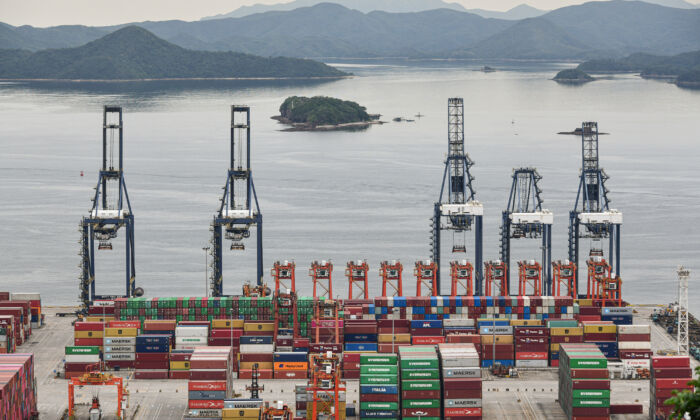and EU’s concerns about China’s overcapacity in various industries, including steel, aluminum, lithium batteries, new energy products, electric vehicles (EVs), and solar panels, China often resorts to “dumping” to alleviate the surplus. This involves exporting excess goods at prices below their domestic sale prices or production costs, undermining industries in other countries that are striving to compete in global markets by selling products at fair prices.
While some argue that China’s cheaper products are due to reduced labor costs and improved efficiency rather than dumping, others believe that dumping benefits consumers in other countries by providing discounted products. However, opponents argue that dumping can severely harm domestic industries, leading to bankruptcies and increased dependence on China for production.
The United States and the EU have launched investigations into China’s manufacturing sector to determine if Beijing is providing industries with subsidies, allowing them to sell products at below cost. Unfair subsidies are a violation of World Trade Organization rules, leading to countries imposing tariffs against products subsidized by foreign governments. Subsidies were a significant factor in the trade war sparked by the Trump administration’s tariffs against Chinese imports.
To address the overcapacity situation and trade fairly with the world, Chinese Communist Party leader Xi Jinping has options that would be painful in the short run but could lead to a more efficient economy in the long run. These options include allowing struggling industries to consolidate or shift production to meet actual demand. However, these restructuring efforts may result in job losses, especially as a record number of students are set to graduate and enter the job market.
To prevent a recurrence of the current situation, China must restructure its industries, eliminate government subsidies, and empower companies to innovate. Allowing market forces to operate unhampered by government controls is essential to address the misallocation of resources and promote competition. In the long term, subsidies will hurt the Chinese economy by reducing revenues, transferring taxpayer money to inefficient companies, and hindering productivity.
In response to Chinese dumping, some countries may implement boycotts or quotas, while the United States and EU should consider tariffs to bring the price of Chinese imports in line with domestic products. This approach aims to reduce Beijing’s sales and develop the West’s industrial base while decreasing reliance on China-dominated supply chains.
China Daily, a Chinese state-run media outlet, has criticized the EU for its dumping allegations, stating that China denounces the EU’s pretext for anti-dumping practices. This is a common response from the CCP, which tends to cry foul and accuse other countries of unfairly targeting China when faced with accusations of trade cheating. The CCP ignores its own guilt in these situations and portrays the world as conspiring against it.
Views expressed in this article are opinions of the author and do not necessarily reflect the views of The Epoch Times.





